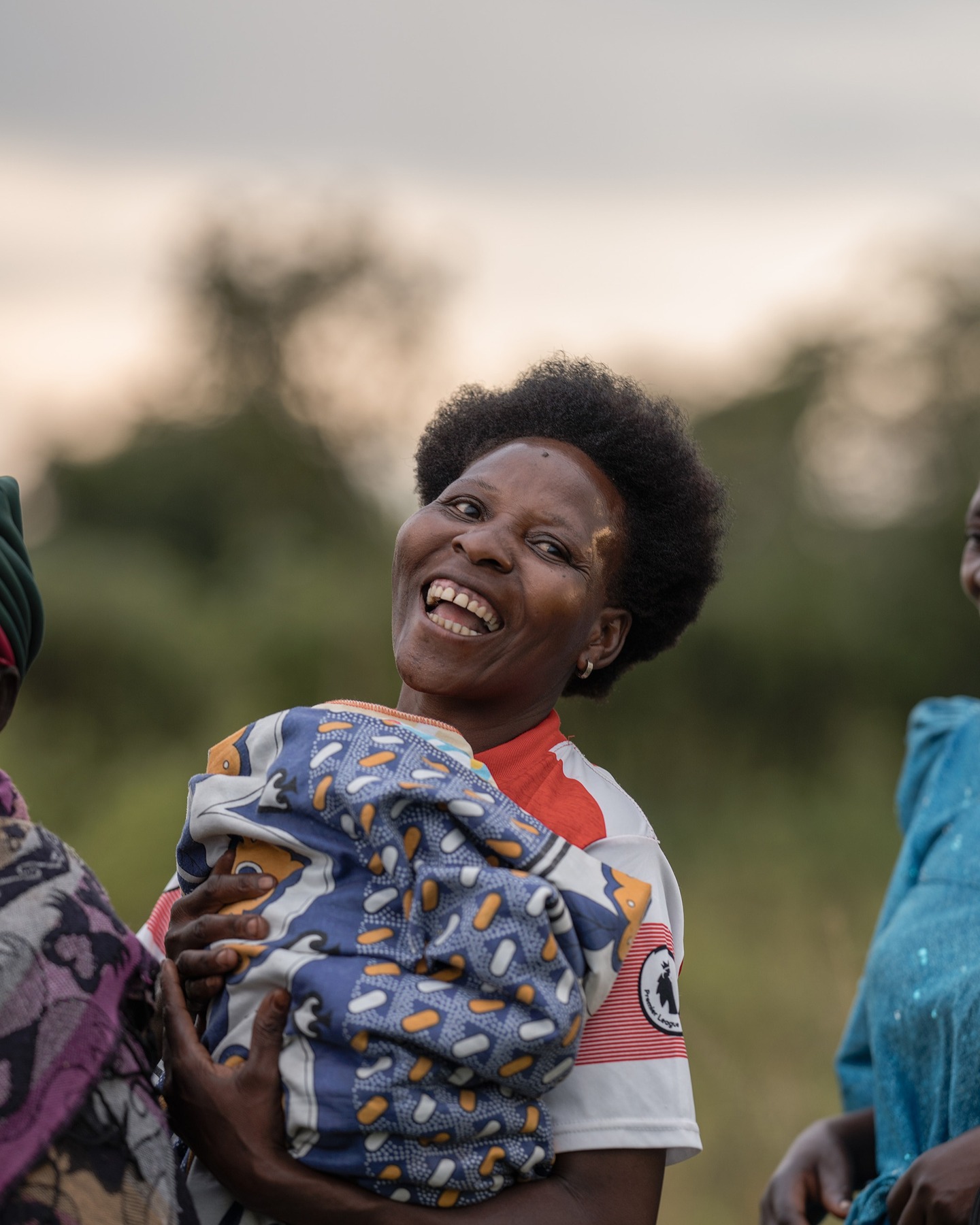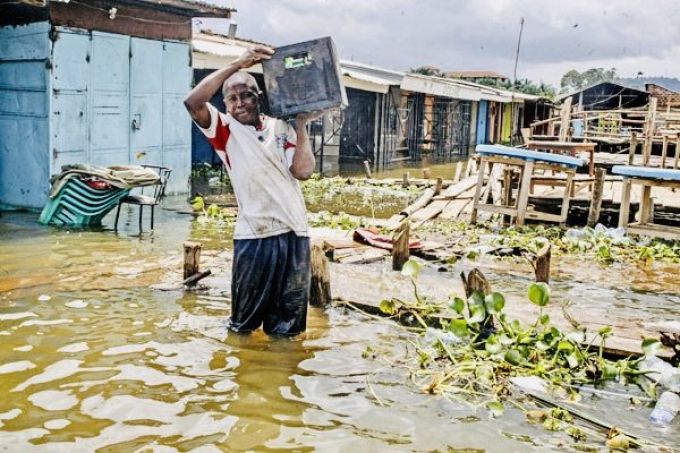
A Double Whammy: COVID-19 and Record Floods
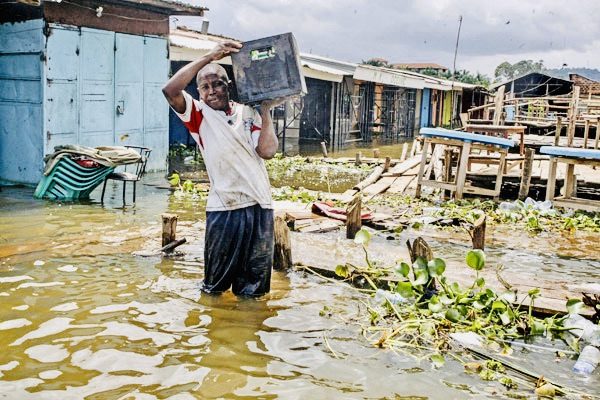
As of today, May 14th, 2020 at 8 pm EST, 160 Ugandans have tested positive for the coronavirus, of which none has died and 63 have recovered.
Although the virus infects a mere fraction of Uganda’s 43M citizens, the pandemic’s impact on the economy and government resonates nationally. Measures to slow the spread often clash against the normalcy of daily life and the vitality of essential trade. As information about the virus emerges daily, Ugandan policymakers must propose national recommendations that adaptively balance the physical and economic well-being of their people.
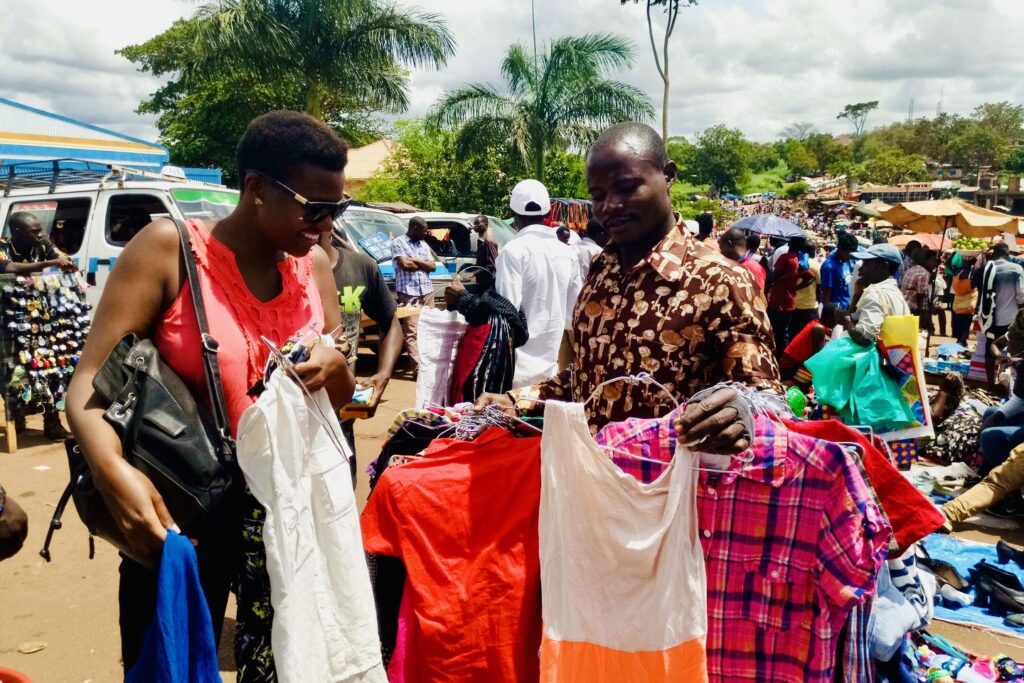
Second-hand clothing markets annually reap $200M for the Ugandan economy.
Illustrating this volatility, bans that were placed on the second-hand clothing market were reversed on May 8th – just 24 hours after their institution. Although they may remain open, clothing sellers must abide by heightened hygiene mandates such as fumigation before they can make any sales. While the government did not release any comments concerning this policy reversal, its desire to maintain the $200M industry and to prevent backlash from the U.S. – the main source of imported clothing – may have motivated the decision.
Ugandan truck drivers have been mandated to carry digital tracking devices.
On May 12th, Ugandan officials ordered all truck drivers to carry digital tracking devices. This strategy came in response to a disproportionate rate of infection that was reported among these workers last month. Although preventing the spread of the disease remains paramount, Ugandan President Yoweri Museveni emphasizes, “We need the cargo. We need the goods.” … And they certainly do. Stifling the dispersion of COVID-19 has necessitated significant economic sacrifices. Already, the International Monetary Fund, a multinational organization working towards global financial security, has loaned $491M in relief to Uganda’s COVID-19-related economic downturn.
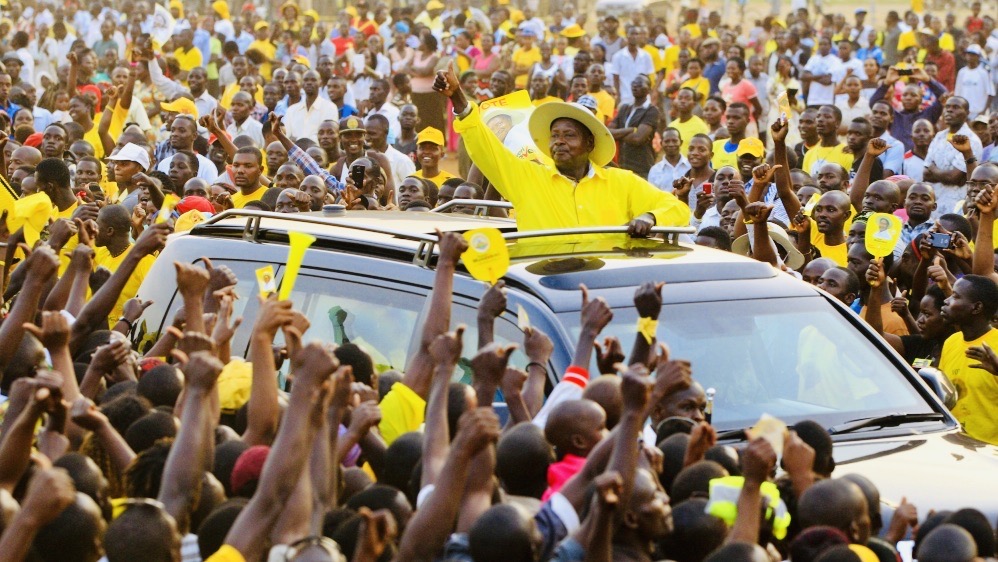
President Museveni’s final campaign rally from 2015.
Beyond the economic strain, the country expects a postponement of polling for its 2020 general elections. Should the pandemic remain out of control through July, President Museveni predicts a delay of the elections until early 2021.
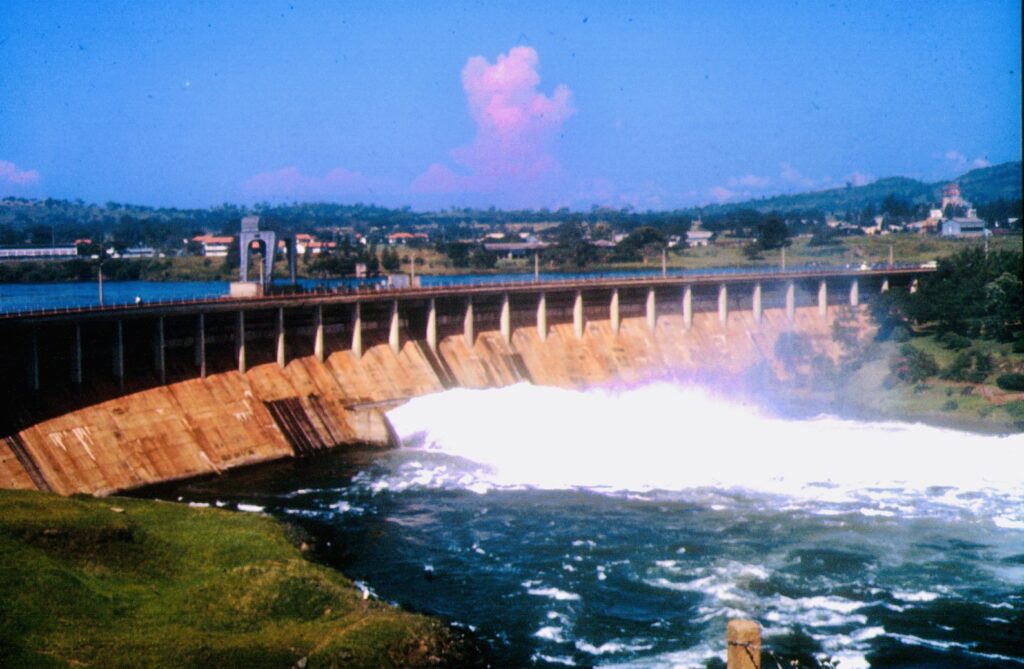
The Nalubaale Hydroelectric Power Station, where the blackout-causing blockage occurred.
It gets worse. As if COVID-19 did not pose great enough hardships, the Ugandan people now face extreme flooding – the likes of which they have not seen since 1976. This month alone, the floods have killed 4 people, trapped 200 patients inside of a hospital, and displaced 5,000 others for the sake of emergency relocation. Recently, the record 44-ft rise in Lake Victoria dislodged an island of vegetation – measuring 2 acres –from a riverbank. Ultimately, this floating island clogged one of Uganda’s four main hydroelectric power stations, which precipitated a brief, yet nationwide power outage.
